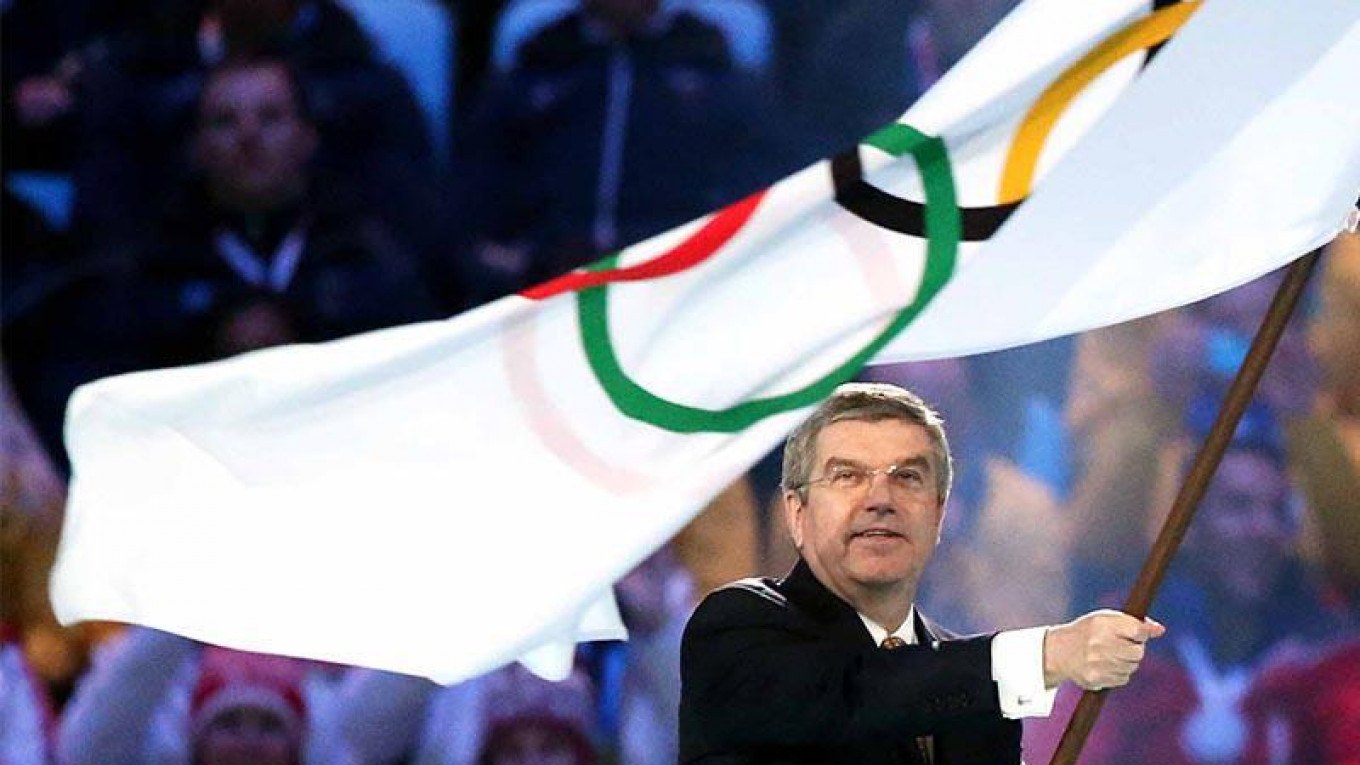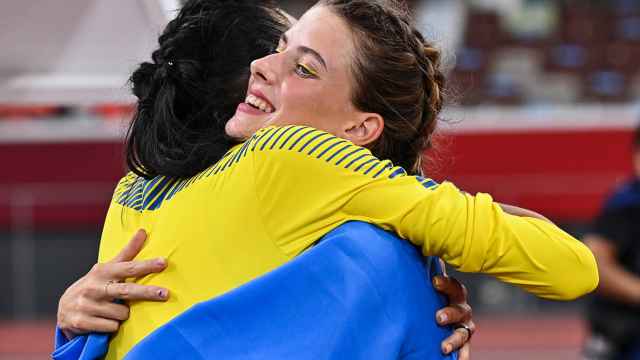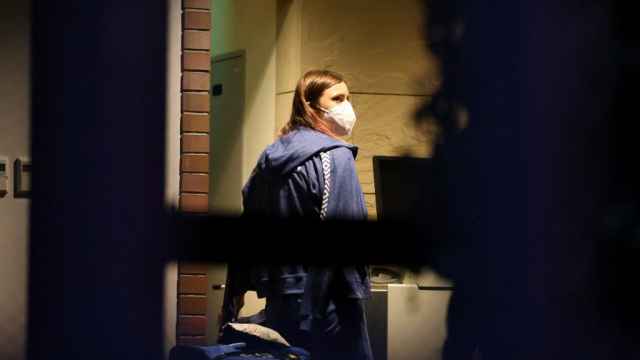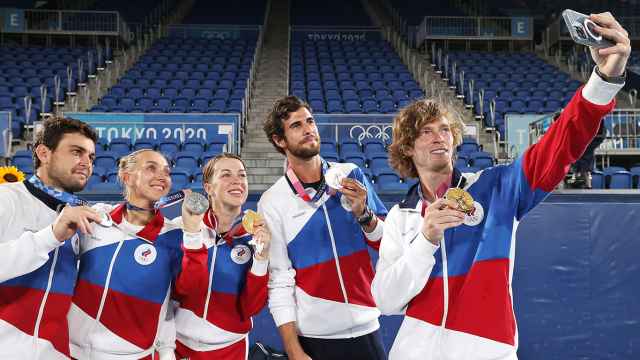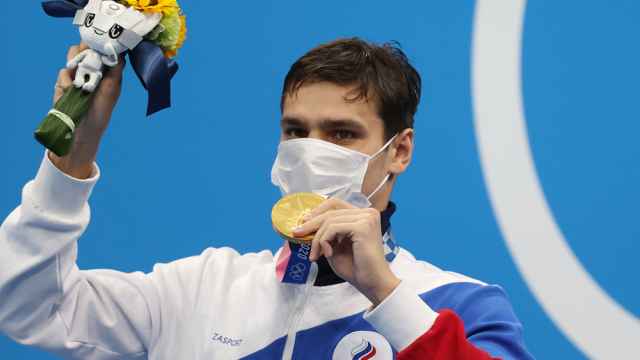The International Olympic Committee (IOC) has barred Russian athletes and officials from next year’s Winter Games in South Korea, but will allow clean athletes to compete under a neutral flag.
The decision comes just weeks after the World Anti-Doping Agency (WADA) ruled that Russia’s anti-doping body had failed to meet international standards for a third year in a row. In response, Russian politicians including President Vladimir Putin claimed the doping scandal had been instigated by the United States to undermine Russian elections next March.
Speaking at a press conference in Lausanne in Switzerland on Tuesday evening, IOC President Thomas Bach described the doping scandal as “an unprecedented attack on the integrity of the Olympic Games and sport.”
“The IOC after following due process has issued proportional sanctions for this systematic manipulation while protecting the clean athletes,” he said.
“This should draw a line under this damaging episode and serve as a catalyst for a more effective anti-doping system led by WADA."
The IOC last month stripped nine Russian Olympians of medals won at the Sochi Winter Olympic Games in 2014 over doping allegations, knocking Russia from the top stop on the medal table.
The atmosphere in Russia surrounding the Olympic team’s future has been fraught and officials have repeatedly denied the government ran a state-sponsored doping program.
Diary entries of whistleblower Grigory Rodchenkov that detail the Russian government’s doping scheme have been dismissed by Russian government officials, who say the former head of Moscow’s anti-doping lab suffers from a psychiatric condition.
Rodchenkov’s diary suggests he met former Sports Minister Mutko during the 2014 Olympics, and that the whistleblower played a role in the state-run doping scheme.
Last week, Prime Minister Dmitry Medvedev echoed Putin’s comments during his annual Q&A with journalists, claiming the scandal was a political attack. “This discussion has become wholly political,” he said. “It has become the main topic of the anti-Russian campaign.”
Earlier this year, Sports Minister Pavel Kolobkov told reporters he wasn’t even entertaining the possibility of Russian Olympians being banned from the games in Pyeongchang.
“I would like to believe that the people who are responsible for these decisions will avoid being subjective in their assessments and will be guided by common sense,” he told the state-run TASS new agency in August.
A Message from The Moscow Times:
Dear readers,
We are facing unprecedented challenges. Russia's Prosecutor General's Office has designated The Moscow Times as an "undesirable" organization, criminalizing our work and putting our staff at risk of prosecution. This follows our earlier unjust labeling as a "foreign agent."
These actions are direct attempts to silence independent journalism in Russia. The authorities claim our work "discredits the decisions of the Russian leadership." We see things differently: we strive to provide accurate, unbiased reporting on Russia.
We, the journalists of The Moscow Times, refuse to be silenced. But to continue our work, we need your help.
Your support, no matter how small, makes a world of difference. If you can, please support us monthly starting from just $2. It's quick to set up, and every contribution makes a significant impact.
By supporting The Moscow Times, you're defending open, independent journalism in the face of repression. Thank you for standing with us.
Remind me later.


